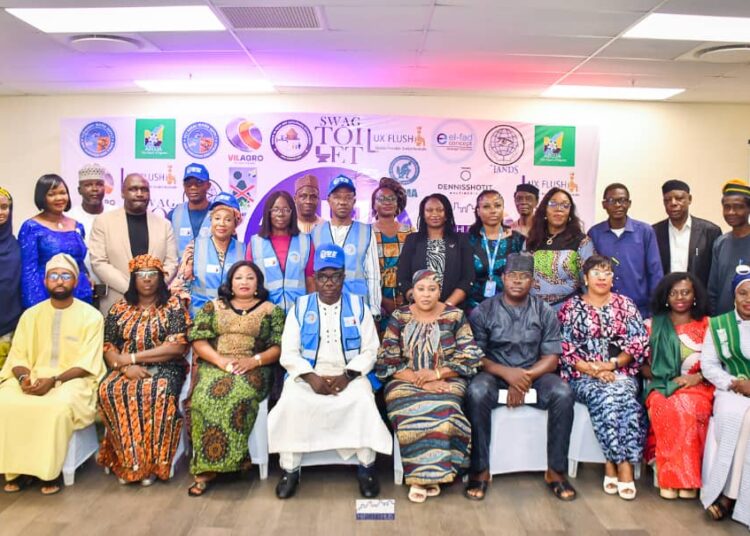Stakeholders in the sanitation and hygiene sector have urged the Federal Capital Territory (FCT) administration to strengthen existing laws and regulations to address the persistent issue of open defecation.
Speaking at the inaugural Abuja Urban Sanitation Conference, organized by HipCity Innovation Centre in collaboration with the FCT-Rural Water Supply and Sanitation Directorate (FCT-RUWASSA) to mark World Toilet Day, the Executive Director of HipCity Innovation Centre, Bassey Bassey, highlighted the alarming prevalence of open defecation across the FCT.
He noted that none of the six area councils in the FCT has achieved open defecation-free (ODF) status.
Bassey praised the federal government’s redesigned campaign to end open defecation, citing its revised Implementation Strategy as evidence of political will to tackle the crisis.
He emphasized the importance of localizing national strategies to suit the FCT’s context.
“It is disappointing that Abuja, Nigeria’s capital, has no ODF council. This conference aims to chart a pathway to ensure all six area councils become ODF by 2030. The campaign must involve innovative solutions, such as utilizing human waste for biogas and adopting the circular economy model where nothing is wasted,” he said.
Bassey also introduced the Swag Toilet Initiative, which seeks to train toilet business owners and encourage youth to take up sanitation-related jobs.
He stressed the need for private-sector partnerships to supplement government efforts, advocating for awareness campaigns and subsidized sanitation facilities for underserved communities.
Also speaking, the Overseeing Director of FCT-RUWASSA, Luke Ulom, detailed the FCT administration’s commitment to sanitation, including the provision of facilities and tools to promote hygiene.
“We are working towards changing attitudes and fostering community involvement to achieve a cleaner environment,” he said.
On her part, the national coordinator of the clean Nigeria Campaign, Chizoma Opara, reiterated the goal of eliminating open defecation nationwide by 2030.
She highlighted progress with 135 local governments already declared ODF and emphasized the need for multi-sectoral partnerships to achieve this goal.
She called for sustained political will and collaboration among federal, state, and local governments to meet the target.
We’ve got the edge. Get real-time reports, breaking scoops, and exclusive angles delivered straight to your phone. Don’t settle for stale news. Join LEADERSHIP NEWS on WhatsApp for 24/7 updates →
Join Our WhatsApp Channel










